22 Oct 2015
By Stefan Majoor
4 min. read
In our organization we frequently need to execute some scripts that are either time consuming, or very heavy on the server. Most of the times these scripts needn’t necessarily be executed synchronously. Therefore we use a queuing system to execute those scripts when the time is better. For a long time we used an old open source PHP queuing system, named fuel-queue. This was good for the basic stuff we did with it, however this system had some major drawbacks.
22 Oct 2015
By Kees Kluskens
8 min. read
At Code Yellow we write frontend heavy apps. This means that the browser is responsible for all the rendering, and the backend only handles API requests.
In the last few weeks we have been busy refactoring a large part of our backend, frontend and development workflow to ensure the best technologies available are used.
In this article I want to highlight the changes we made to our frontend stack. As such, this article is intended for frontend developers.
5 Feb 2014
By Peter Bex
7 min. read
Developing Apache Cordova (aka Phonegap) applications tends to be rather painful: the long waits while compiling an application for Android and uploading it to the device (or emulator) leads to unacceptable round trip times, especially for applications with lots of large content files (images, videos). In this blog post we’ll explain how we develop Cordova applications directly in the desktop web browser, and announce an open source release of a RequireJS module that helps making this a little easier for us.
19 Nov 2013
By Burhan Zainuddin
1 min. read
FuelPHP 1.7 has been released. A pretty late post,
but it’s been crazy busy the past few weeks. One important feature used immediately: PATCH request are now supported.
20 Jun 2013
By Burhan Zainuddin
1 min. read
Joy to the world! FuelPHP 1.6.1 has been released FuelPHP released a new version.
Mostly minor improvements from the 1.6 with some backported functionallity from the 1.7 branch.
3 May 2013
By Rene Cremers
1 min. read
Today the kind people at FuelPHP released a new version of their framework, promising some big changes and improvements. The official introduction of Composer is perhaps the most noteworthy of the changes.
Composer has been the main reason to choose for FuelPHP as the core framework of our web applications, since it gives us the ease of combining our own packages into the stable FuelPHP framework. Keep an eye on our blog for a more detailed overview of the amazing features of composer.
